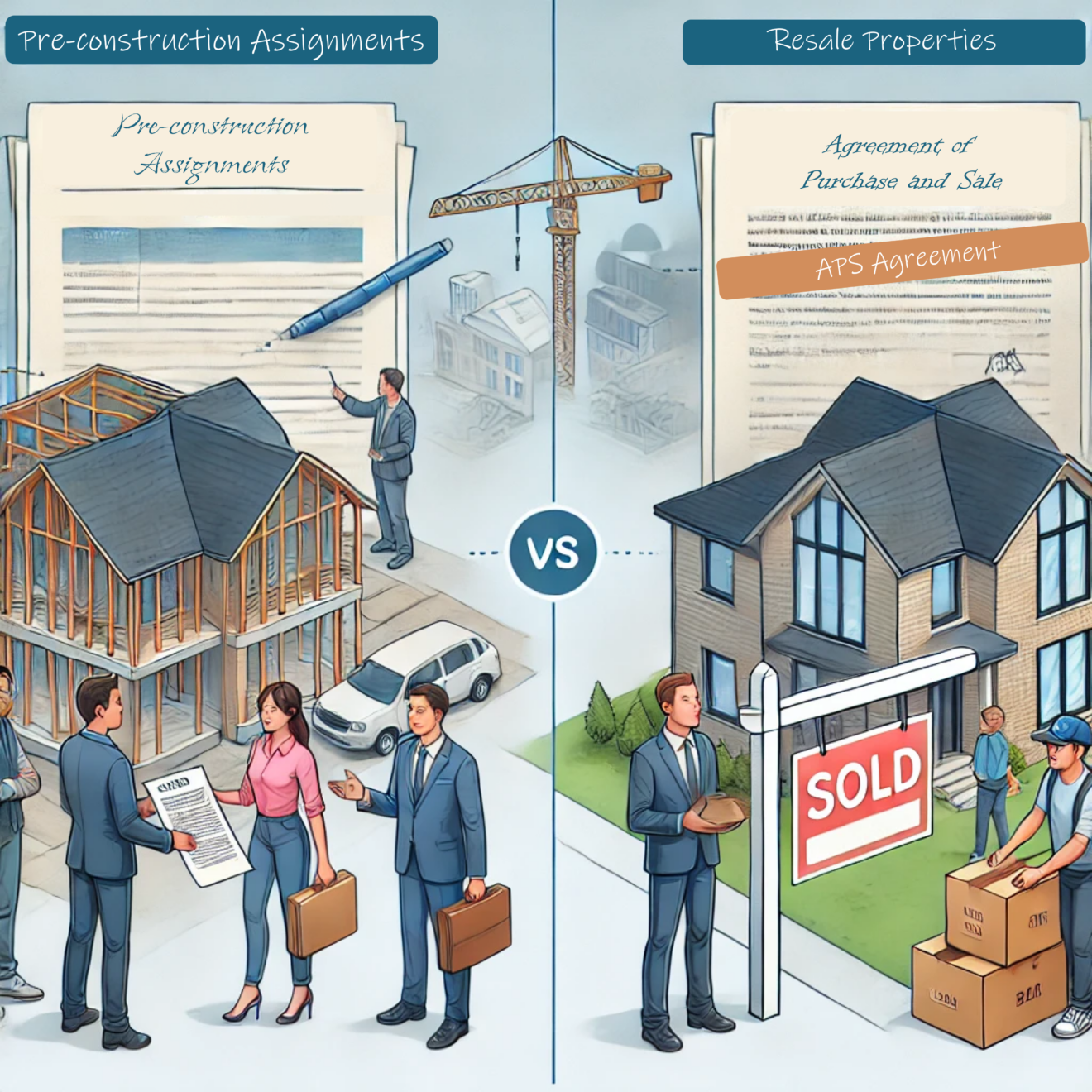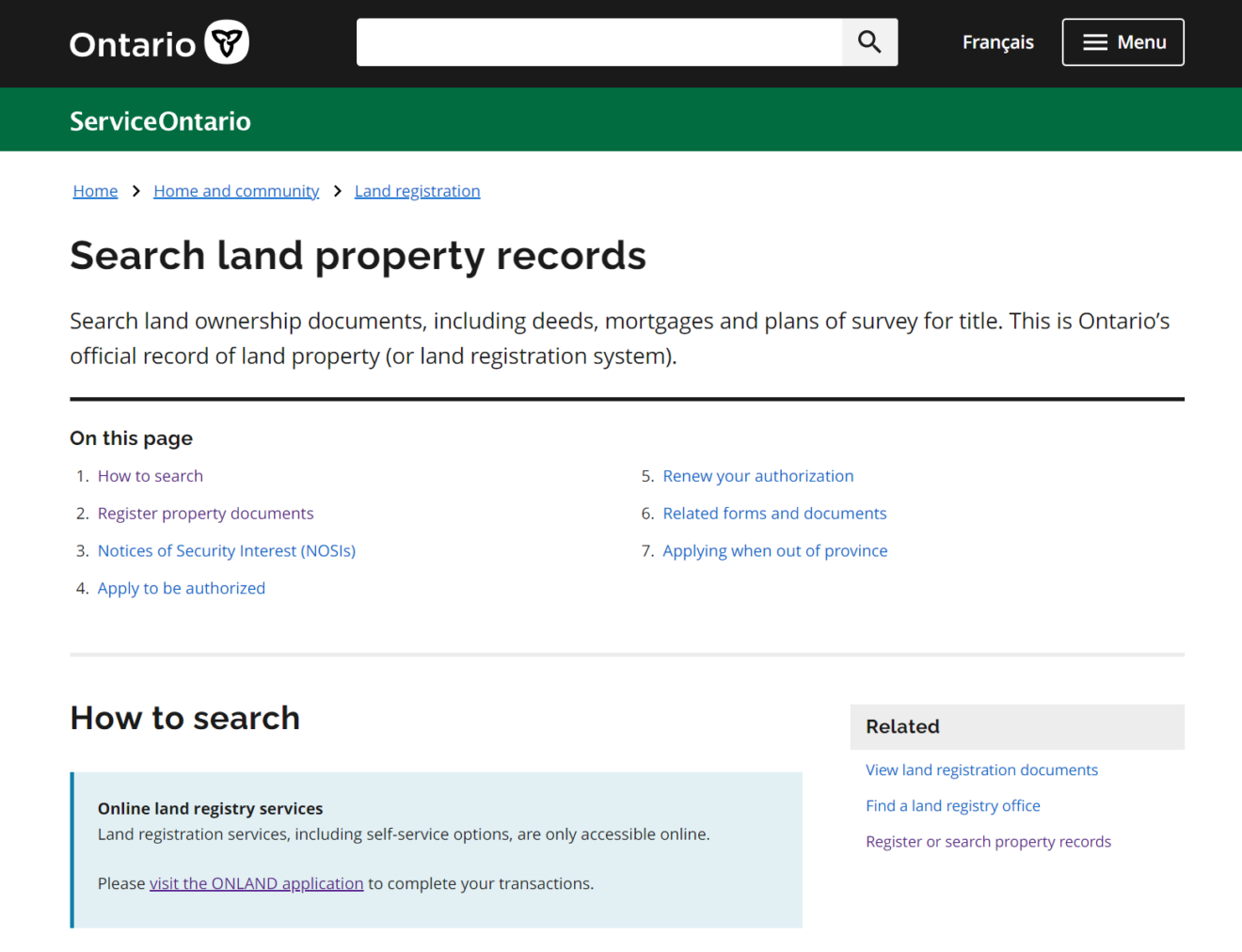
As home prices in Canada’s most expensive markets continue to soar, a new proposal aims to address the housing affordability crisis through a surtax on homes valued over $1 million. The Generation Squeeze report, funded by the CMHC’s National Housing Strategy’s Solutions Labs Program, suggests a progressive tax starting at 0.2% for homes worth between $1 million and $1.5 million, rising to 1% for homes over $2 million. This tax could generate $5 billion annually, which would be reinvested into affordable and co-op housing projects, aligning with the CMHC 2030 goal that everyone in Canada has a home they can afford.
Addressing the Canada Housing Crisis by New Tax
The surtax proposal is a response to the hot real estate market where prices have escalated dramatically. In Vancouver, the average value of a single-family home has surged to $2 million, reflecting a 16% increase in just one year. Nationwide, about 9% of homeowners would be affected by this surtax, with a higher impact in British Columbia, where 21% of homeowners own homes valued over $1 million.
How the Tax Would Work
The proposed surtax is designed to be deferrable, meaning it wouldn’t need to be paid until the home is sold. This provision aims to protect property-rich but cash-poor homeowners from financial strain. Paul Kershaw, the author of the report and founder of Generation Squeeze, compares the surtax to a carbon tax, suggesting it could help reduce the cultural reliance on rising home prices for wealth accumulation. Similar tax regimes exist in countries like Singapore, Denmark, Finland, Germany, and Ireland.
Mixed Reactions to the Proposal
While the surtax could potentially cool the overheated real estate market, it has also sparked controversy. Critics argue that the root cause of the housing crisis is a lack of supply, and that building more homes would be a more effective solution. They caution that the tax might discourage homeowners from selling, further limiting supply, and could lead to higher rents if applied to multi-unit properties.
Despite these concerns, the proposal has garnered significant attention. In an April 2021 Angus Reid poll, 60% of Canadians expressed a desire to see home prices fall, while 40% hoped for continued price increases. The surtax aims to directly address the rising inequity driven by Canada’s housing market and promote a shift towards more affordable housing options.
Conclusion
The surtax on homes over $1 million is part of a broader “silver buckshot” approach to solving the Canada housing crisis. By generating significant revenue for affordable housing initiatives, the tax could help bridge the affordability gap. However, its success will depend on careful implementation and balancing supply-side measures to ensure it does not exacerbate existing issues in the real estate market.
Reference
Haider, M. (2022, January 17). Housing wealth tax: Some experts say it could help affordability, but not everyone agrees. CBC News. Retrieved from https://www.cbc.ca/news/business/housing-wealth-tax-1.6306156

Your Industry Experts
We’re here to help. Whether you’re an agent or a client, we have the support and expertise you need to thrive in your next endeavour.




